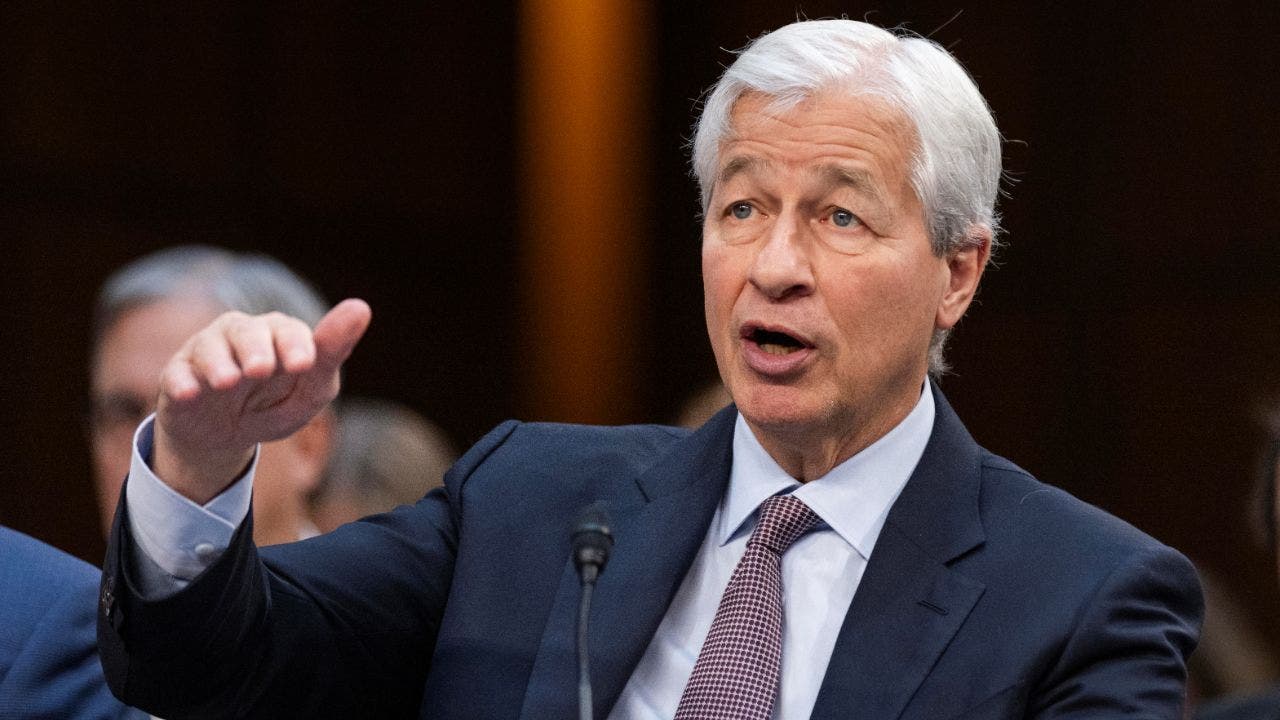2026 PRESIDENTIAL RACE NARROWS AS OPPOSITION ALLIANCES FRAGMENT- Augustine Mwewa
2026 PRESIDENTIAL RACE NARROWS AS OPPOSITION ALLIANCES FRAGMENT
By Augustine Mwewa
Bahati Constituency aspiring candidate
As Zambia heads toward the 2026 general elections, the political landscape is taking shape amid growing uncertainty within the opposition. Fragmented alliances, internal wrangles, and the absence of a unifying figure have left the stage open for what appears to be a two-man race for the Republican Presidency: the incumbent, President Hakainde Hichilema (HH), and a relatively lesser-known but experienced contender, Hon. Harry Kalaba (HK).
*The Rise of Harry Kalaba*
Harry Kalaba, a former Member of Parliament for Bahati from 2011 to 2018, is no stranger to the workings of government. He served as Minister of Lands and later as Minister of Foreign Affairs under President Edgar Lungu. Kalaba’s experience in these strategic portfolios, particularly foreign affairs, gave him exposure to diplomacy, governance, and international cooperation skills many believe are essential for a President navigating the complex terrain of global and domestic challenges.
Kalaba is now fully endorsed by his party, and his supporters argue that he brings a fresh yet seasoned perspective. He positions himself as a morally upright leader who resigned on principle and has been consistent in advocating for servant leadership, national values, and anti-corruption.
*The Incumbent: President Hakainde Hichilema*
President Hakainde Hichilema, popularly known as HH, is the current head of state and leader of the United Party for National Development (UPND). Elected in 2021 after five previous attempts, HH came to power on a promise of economic revival, job creation, and restoration of the rule of law. While his tenure has seen mixed reviews with progress in debt restructuring and diplomatic relations he faces criticism over issues such as the cost of living and youth unemployment.
HH enters the race with the full backing of his party, banking on infrastructure development, education reform, and economic stabilization as cornerstones of his campaign. His administration argues that it inherited a broken economy and is laying foundations for long-term recovery.
*The Silent Force: Dr. Fred M’membe*
Though not among the two front-runners, veteran journalist and Party for Socialism and Democracy (formerly Socialist Party) president Dr. Fred M’membe remains a key intellectual force in the opposition. An experienced scholar and publisher of The Post newspaper (now defunct), M’membe’s ideological stance is rooted in socialism and the redistribution of wealth. While his movement may not have nationwide traction yet, his influence on political discourse, especially among youth and academia, cannot be underestimated.
Dr. M’membe has been critical of both HH and past administrations, calling for a complete overhaul of Zambia’s capitalist system. His emphasis on nationalizing resources and protecting worker rights sets him apart ideologically, even if electorally his base remains modest for now.
*A Fragmented Opposition*
The biggest challenge facing Zambia’s opposition is unity. With multiple parties pursuing individual ambitions some regional, others ideological the failure to form a broad, inclusive alliance may hand the advantage to the better-organized and resourced candidates.
Analysts argue that without a united opposition, 2026 is shaping up to be a direct contest between HH and HK, leaving limited space for smaller parties unless strategic coalitions are formed soon.
Conclusion
With less than *15 months* to the polls, Zambians are watching closely. On one hand is HH, an incumbent with a technocratic approach to governance; on the other is HK, a seasoned former minister offering a return to traditional values and structured public service. Meanwhile, thinkers like Dr. M’membe continue to shape the ideological narrative of the country.
*In the end, the battle for State House will not just be about personalities it will be about ideas, credibility, delivery, and the ability to unite a nation at a crossroads.*










